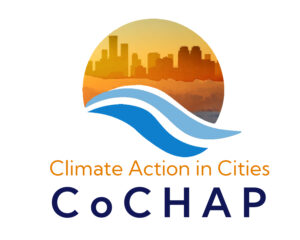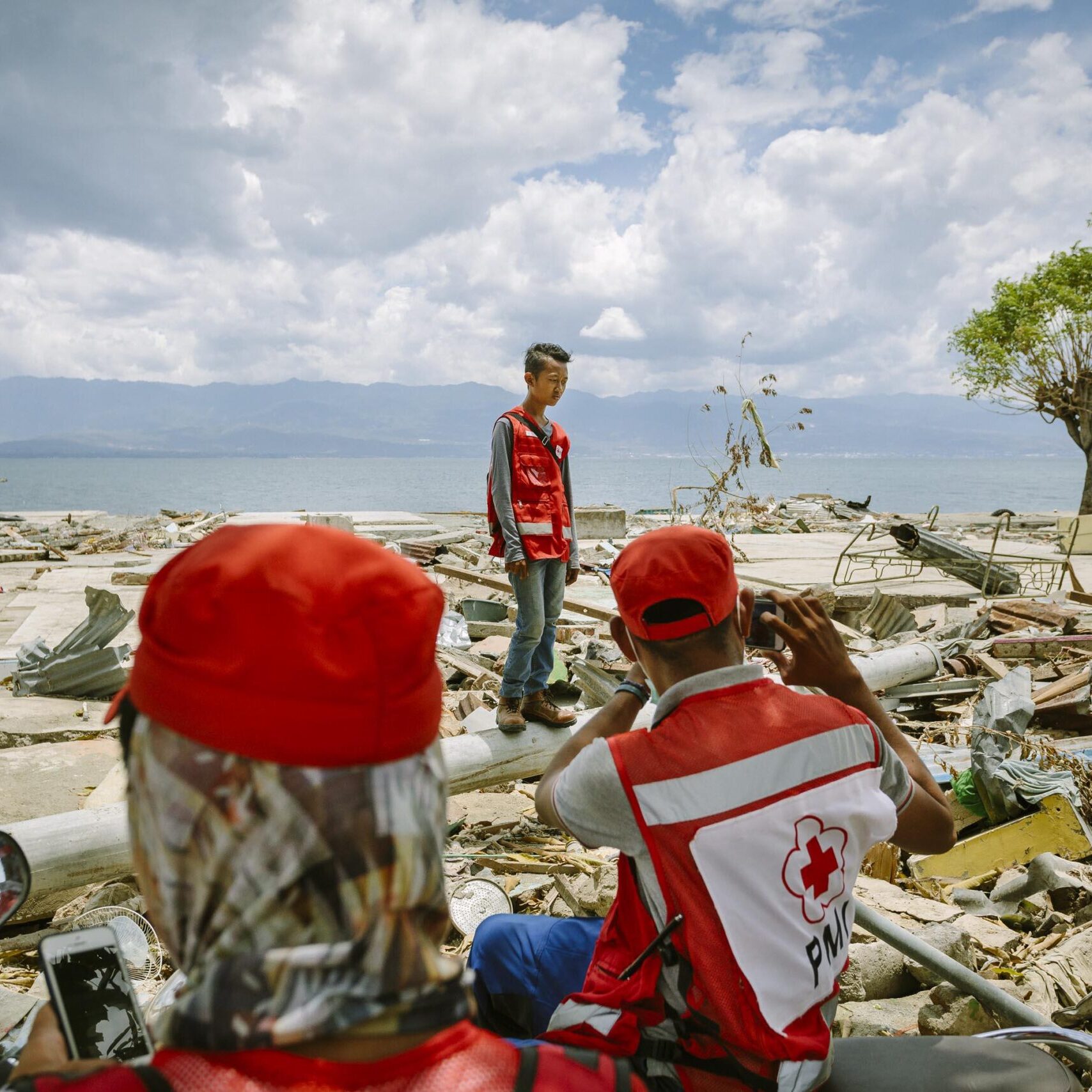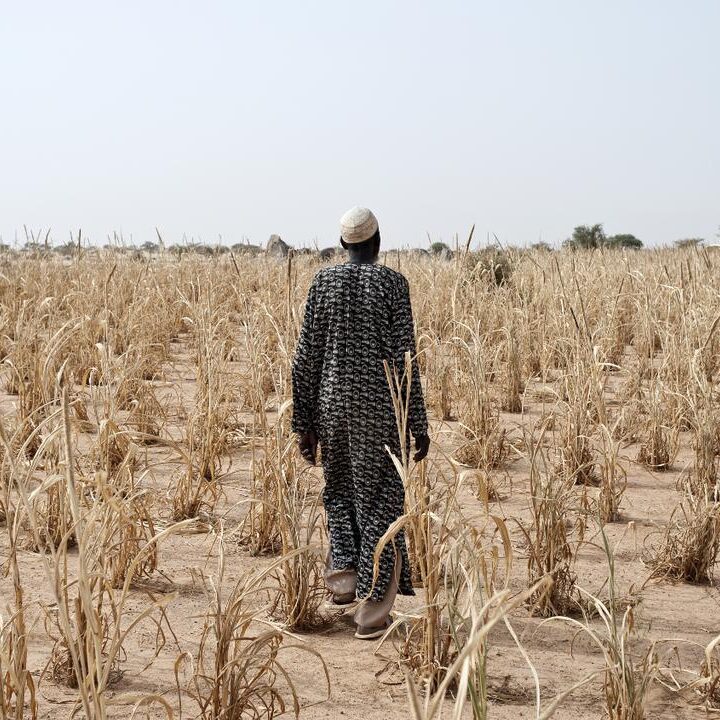CoCHAP: Project Overview
 The Coastal City Resilience and Extreme Heat Action Project (CoCHAP) aims to build climate resilience of urban communities, particularly to extreme heat and coastal threats. While building on the learning from the previous experiences in coastal cities, extreme heat response and locally led climate adaptation, CoCHAP will strengthen the capacities of the communities, Red Cross and Red Crescent (RCRC) National Societies, city authorities, meteorological agencies and other stakeholders in system and design thinking, coalition building and evidence-based collective action.
The Coastal City Resilience and Extreme Heat Action Project (CoCHAP) aims to build climate resilience of urban communities, particularly to extreme heat and coastal threats. While building on the learning from the previous experiences in coastal cities, extreme heat response and locally led climate adaptation, CoCHAP will strengthen the capacities of the communities, Red Cross and Red Crescent (RCRC) National Societies, city authorities, meteorological agencies and other stakeholders in system and design thinking, coalition building and evidence-based collective action.
Project Overview
Implementation period: September 2022 – August 2027
Locations: Bangladesh (Bagherhat and Sathkira), Indonesia (Medan and Surabaya), Honduras (San Lorenzo, Nacaome, Choluteca), Tanzania (Tanga and Unguja in Zanzibar).
Implementing partners: International Federation of Red Cross and Red Crescent Societies (IFRC), American Red Cross, Red Cross Red Crescent Climate Center, Tanzania Red Cross, Bangladesh Red Crescent Society, Indonesia Red Cross, Honduran Red Cross, Global Disaster Preparedness Center.
Focus Areas
Coastal Hazards
Why focus on coastal risks?
According to UN It is projected that approximately 800 million people in 570 cities will be exposed to the risks related to rising seas and storm surges by 2050. The impacts of climate change, particularly climate- and weather-related disasters are already having a large effect on global migration and displacement patterns globally In the past decade, 86% of all disasters triggered by natural hazards were caused by weather-and climate-related events, killing over 410,000 people, and affecting 1.7 billion. Read more on
Extreme Heat
Why focus on extreme heat in cities?
Often called the “silent killer,” heatwaves are among the deadliest disasters. Yet their impacts remain largely overlooked, due in part to low awareness of risks and dangers. A lack of risk perception, both by the general public and in some cases from leaders, results in inadequate preparedness for current and future heatwave risks. As the frequency and intensity of heatwaves continue to rise due to climate change, it is crucial to reduce near- and long-term risk through proactive actions such as early warning system strengthening, heat action planning, urban greening, and urban planning.
Goal and Objectives
Goal
to build climate resilience of urban communities, particularly to extreme heat and coastal threats through expanding risk knowledge and strengthening local action in Southeast Asia, Latin America, and East Africa regions in 9 secondary cities. Additionally, the purpose of the Project is to build a foundation of practice and knowledge which can be learned from and scaled.
Objective 1
Build climate resilience of urban communities in coastal zones. The project will work with local governments and underserved urban communities in coastal zones to reduce their vulnerabilities to current and future disaster risks related to hydro-meteorological hazards and compounding risks.
Objective 2
The project will work with local governments, National Meteorological and Hydrological Services and communities to reduce the impact of extreme heat in cities.
Key Activities
Building Climate Resilience of Urban Communities in Coastal Zones

Key Activities
Reducing the Impacts of Extreme Heat in Cities
Key Activities

